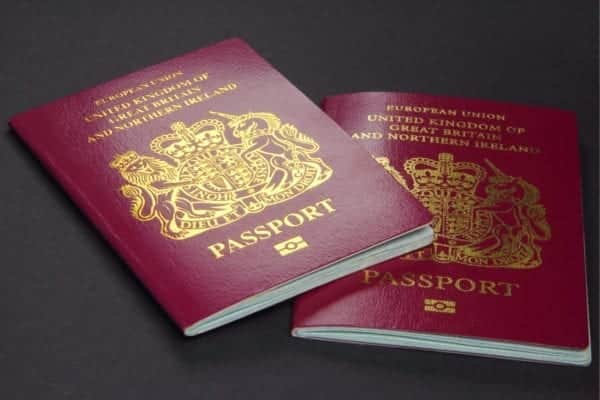Will you need a visa to visit the EU after Brexit? Here’s everything you need to know


With the Brexit deadline of 31 January 2020 looming, those heading away for a trip to Europe after Britain have left the EU may be wondering if the rules are due to change when it comes to travel.
Here’s everything you need to know.
Will I need a visa to travel to Europe after Brexit?


Gov.uk explains that there are currently no plans to require visas for travel between the UK and the rest of Europe.
Advertisement
Hide AdAdvertisement
Hide Ad“You will not need a visa for short trips to EU countries, Iceland, Liechtenstein, Norway and Switzerland,” the website states.
How long will I be able to stay?
You will be able to stay in European countries for up to 90 days in any 180 day long period.
However, you may need a visa or permit to stay for longer, in order to work or study, or for business travel. You need to check each country’s travel advice page for information on how to get a visa or permit.
At border control, you may also need to:
show a return or onward ticketshow you have enough money for your stayuse separate lanes from EU, EEA and Swiss citizens when queueing
Advertisement
Hide AdAdvertisement
Hide AdIt’s worth noting that travel to Ireland will not change after Brexit. You will still be able to work in Ireland in the same way as before.
Travelling for business
When it comes to business travel, there are extra actions you need to take if you’re travelling to the EU for business.
“Business travel includes activities such as travelling for meetings and conferences, providing services (even with a charity), and touring art or music,” says Gov.uk.
The country you are travelling to might have its own entry requirements, or ask you to have certain documents. You can check the entry requirements for the country you’re visiting, by going to: gov.uk/government/collections/providing-services-to-eea-and-efta-countries-after-eu-exit
Advertisement
Hide AdAdvertisement
Hide AdYou need to check each country’s travel advice page for information on how to get a visa or permit.
It usually takes three weeks if you need to renew your passport, but there is a premium service if you need it sooner (Photo: Shutterstock)
Will I need to get a new passport?
Abta.com explains that "Valid passports can still be used. You do not need to have six months left on your passport to travel to the EU. Your passport does however need to be valid for the whole of your trip."
There is an online tool available which allows you to check whether your passport is valid for the country you’re visiting.
Advertisement
Hide AdAdvertisement
Hide AdIt usually takes three weeks if you need to renew your passport, but there is a premium service if you need it sooner.
Driving in the EU after Brexit
"As long as you have a full UK driving licence, you don’t currently need an additional licence to drive in the EU. This will not change following 31 January 2020," adds Abta.com.
"An International Driving Permit will not be required, and you do not need a GB sticker or a Green Card for car insurance."